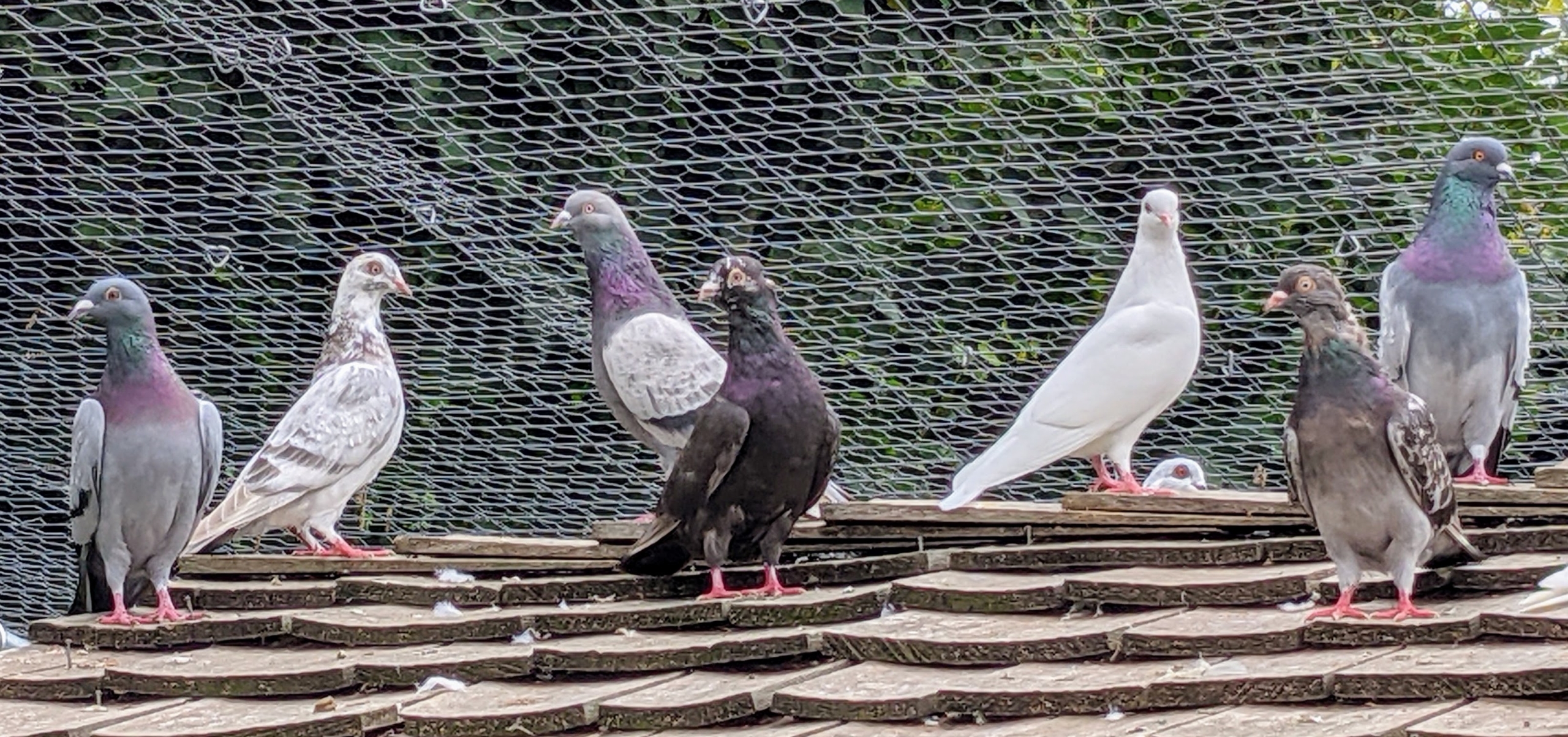Pigeon farming has evolved from a niche hobby into a profitable business for those who understand the market and the birds’ potential. Whether for racing, meat production, or breeding, pigeons offer multiple revenue streams that can yield substantial returns.
A well-structured pigeon farming business begins with proper housing, nutrition, and healthcare to ensure optimal growth and performance. From breeding high-quality stock to selling trained racing pigeons, the opportunities in this field are expanding, particularly in South Africa, where racing pigeons have gained immense popularity.
Investing in High-Quality Stock
Success in pigeon farming starts with selecting birds with strong genetics and excellent immune systems. Whether breeding for meat or racing, healthy stock ensures better results and higher profits. Breeders should prioritize pigeons with good temperament, strong homing instincts, and resistance to diseases.
Racing pigeons, in particular, require careful selection. Birds bred from champion bloodlines can fetch premium prices in the market, especially for those participating in One Loft Races. As the sport grows, the demand for well-bred pigeons continues to rise, offering a lucrative opportunity for breeders.
Housing and Health Management
Proper housing is essential for a profitable pigeon farm. Clean, well-ventilated lofts contribute to stronger immune systems and better performance. Overcrowding should be avoided to prevent stress and the spread of disease. A well-maintained loft encourages breeding and increases the survival rate of young pigeons.
Routine healthcare is another crucial aspect of pigeon farming. Overmedication has weakened many flocks, making them vulnerable to infections. Instead, a balanced approach that includes vaccinations, probiotics, and high-quality feed ensures robust health. Investing in veterinary consultations can help farmers maintain a healthy flock and avoid costly losses.
Training and Marketing Racing Pigeons
For those raising pigeons for the racing market, proper training enhances their value. The homing ability of pigeons is a significant selling point, and birds that demonstrate strong road sense and orientation skills fetch higher prices. Early training phases, such as sun loft exposure and gradual road training, help develop these faculties.
Many successful breeders invest in training their pigeons for One Loft Races before selling them. Buyers are more willing to pay a premium for birds with proven racing potential. Marketing strategies such as social media promotion, pigeon auctions, and networking within the racing community can significantly boost sales.

Diversifying Revenue Streams
While racing pigeons are a profitable niche, there are additional avenues for making money from pigeon farming:
- Meat Production: Pigeon meat, known as squab, is considered a delicacy in many cultures and has a growing market.
- Breeding Services: Selling high-quality breeding pairs to other enthusiasts and farmers can be highly lucrative.
- Pigeon Auctions: Many breeders participate in pigeon auctions where top-performing birds can be sold at premium prices.
- Training Services: Experienced pigeon trainers can offer training programs for aspiring racers.
Turning Passion into Profit
Raising pigeons for profit is a rewarding venture that combines expertise, patience, and strategic planning. Whether breeding for racing, meat production, or selling trained birds, a well-managed pigeon farm can generate substantial income. As interest in pigeon racing and farming continues to grow, now is the perfect time to explore this exciting and profitable industry.